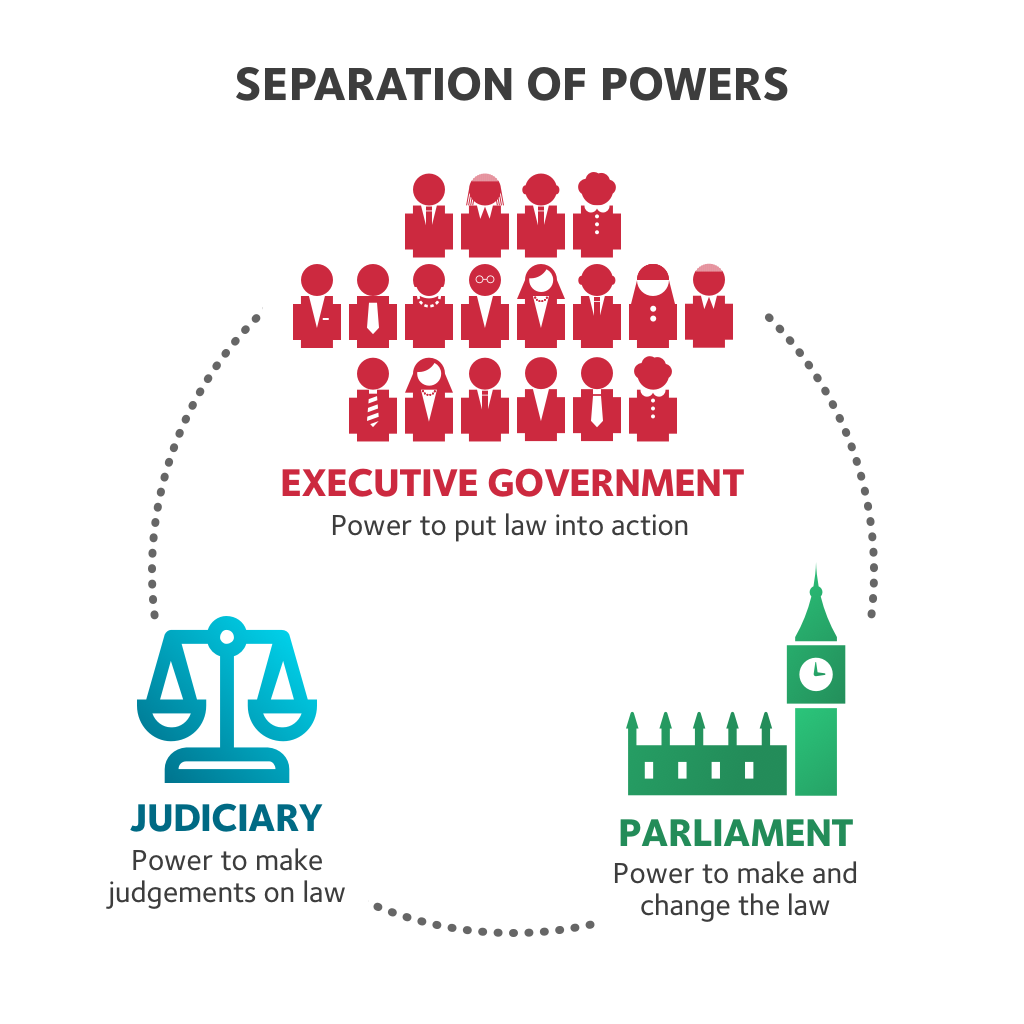WHAT IS PUBLIC LAW?
Public bodies, such as central and local government, have to obey the law. The type of law governing the conduct of public bodies is known as ‘public law’. Public law should ensure that public bodies act lawfully, rationally, fairly, and compatibly with the human rights of those affected by their actions.
Where a public body acts unlawfully, there are a number of ways that those affected can challenge that behaviour or decision. These include:
- Complaining using public bodies’ complaints procedures or Ombudsmen
- Exercising rights of appeal to a tribunal (if such rights exist in relation to the particular decision to be challenged, such as in welfare benefits cases)
- Asking a public body to review its decision
- Through a process called judicial review
Judicial review is a particularly important aspect of the constitutional settlement in the UK. It is a process, a court case, where a judge or judges decide whether a public body has behaved lawfully. It performs an essential task in that it allows the courts and judiciary oversight of the government. The diagram below shows the ‘separation of powers’ model and the relationship between Parliament, the courts and judiciary, and the executive.
This constitutional model exists to prevent the abuse of power. For instance, if the executive implements a Government policy that turns out to be unlawful the courts can, if a case is brought to them showing that the policy is unlawful, give a judgment holding the policy unlawful. We explain more about what the courts can do in our guides to public law and judicial review. The important thing is that government power cannot be exercised in the UK without the proper checks and balances in place.
Public Law Project’s charitable aims are, broadly, to ensure that the courts, and therefore public law remedies, are accessible to people affected by public bodies’ actions, and inaction.
The guides to public law page provide links to our more in depth guides to public law and processes such as judicial review, complaints and tribunals.
You can also read all our guides in the resources section of the website.
Why is public law important? What does it involve?
Public law is important because of the unequal relationship between the government and the public. The government is the only body that can make decisions on the rights of individuals and they must act within the law. A citizen can ask for judicial review if they are unhappy with a decision of an authoritative body.
Lawyers who are concerned with public law can specialise in various areas of law including constitutional/administrative law, tax law and criminal law. These areas of law are slightly different. For example, if you worked in constitutional/administrative law, you could be working alongside the NHS, local council or other governmental bodies.
Criminal lawyers work on all aspects of a case including investigation, liaising with police and appeals. There’s usually a lot of paperwork involved with criminal law!Break it down for me a little bit!
There are several theories as to why public law is different to private law. These have evolved over time, but it’s widely regarded as a combination of the subjection theory and subject theory. The subjection theory suggests that public law governs the relationship between the person and the state and private law governs relationships of individuals. The subject theory suggests that if a person finds themselves in membership of a public body, public law applies.
The combination of these two theories results in public law being defined as a field where an actor is an authority with the power to act unilaterally. If this authority is acting as a public entity, public law applies.
Some areas of law do not seem to fit into either public or private law. For example, employment law falls into both—the employment contract is a private law matter, whereas health and safety in the workplace is a public law issue.

Comments
Post a Comment